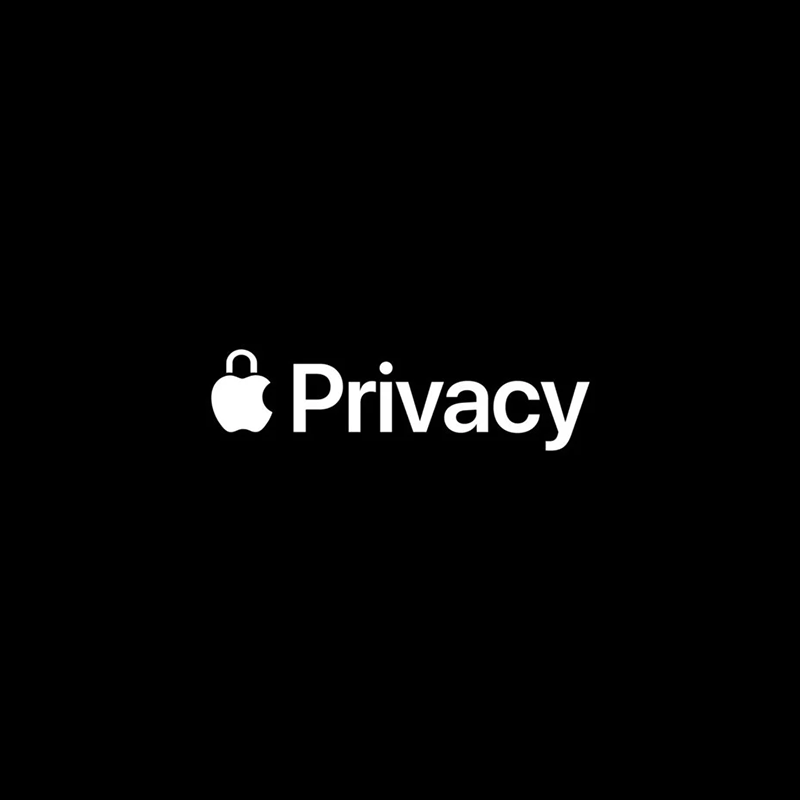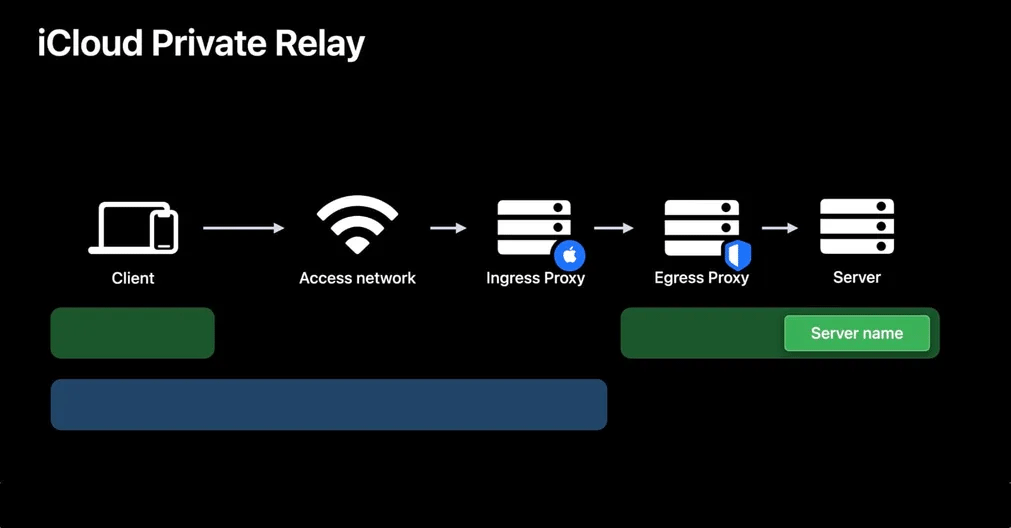
The internet is a public space. To keep private things private in that common place, there needs to be some sorts of protection.
Apple is a tech company, known for its various products. At its 2021 WWDC event, Apple announce a privacy perks for its iCloud+ subscribers, called the 'Private Relay' for Mac, iPhone, iPad, and iPod touch users.
This encryption boost is Apple's answer to those users who wish to have a virtual private network, but without having to use a VPN.
The company has long been involved in improving its users' privacy, and among others, have introduced the App Tracking Transparency, which gives users the option to be tracked or not.
And this Private Relay here, improves privacy protection a notch, not on apps, but only on the Safari web browser.
What it does, is encrypting traffic and masking IP addresses.
Apple describes Private Relay as follows:
Private Relay provides a privacy protection, by masking users' IP address and location, to also conceal browsing activities.
Apple does this through a multi-hop web proxy.
In detail, users using Private Relay will have their traffic hopped to Apple, where it is encrypted and stripped out of its IP address data. From there, Apple sends the traffic to a second server maintained by a third-party operator, who decrypts the traffic and assigns users a temporary IP address, before sending the traffic onward to its destination website.
One of Apple's third-party operator in this Private Relay feature, is Cloudflare.
This provides another layer of privacy, and should make advertisers and trackers have a more difficult time in profiling Apple users.
The use of an outside party in the second hop of the relay system is intentional, Apple said, to prevent even Apple from knowing both the user's identity and what website the user is visiting.

However, Apple's marketing message sounds as if Private Relay is a VPN, when it is not.
First, a VPN is most often used by those who wish to circumvent the rules of their internet service providers. Using third-party VPNs for example, users can be in other locations other than their own, use different IP address, and use the web and the internet without restrictions that may be imposed by government for domestic surveillance and other purposes.
Apple's Private Relay on the other hand, is not as customizable as VPNs.
Second, VPNs, both free and paid, are available for download for anyone who wishes to use them. Apple's Private Relay however, is not available to everyone.
Apple confirmed that Private Relay isn't for people in Belarus, Colombia, Egypt, Kazakhstan, Saudi Arabia, South Africa, Turkmenistan, Uganda and the Philippines. It is also even for people in China, one of its most important markets.
Apple said that it offers Private Relay only in accordance with local laws.
Third, Private Relay can be used alongside a traditional VPN, whether that's a personal or company VPN. According to Apple developers, this means that Private Relay will ignore the traffic of the VPN users are using.
Fourth, Private Relay does not offer device-wide encryption, as it only protects traffic from Safari and not other apps.
Fifth, Private Relay has no geo-blocking, no web traffic obfuscation, no split-tunneling differences, and no multiple hop architecture.

Although Apple executives have begun positioning the Safari encryption service as a trustworthy alternative to commercial VPNs, Private Relay is not a VPN.
It's main purpose is to limit how much data advertising companies and ISPs can see about users' browsing.
IP addresses can be used to track users in a variety of ways, including the 'browser fingerprinting' method, which involves strategies to make advertisers capable of stringing together disparate data to deduce users' identity.
So while Private Relay is not a VPN, it does render fingerprinting mechanism useless. What's more, its two-server setup is a mechanism that not many VPNs have.
To Apple’s credit, the company makes it clear that Private Relay is not a VPN, despite its marketing message sounds that it works in a similar fashion.
In this case, Private Relay does provide a next-generation privacy protection, even without VPN. For users who don't want to get around geoblocking, or only use Safari browsers, it’s possible Private Relay could replace a paid VPN.
Read: Explaining The Types Of VPN Services And The Protocols They Use
